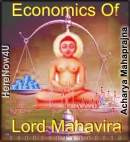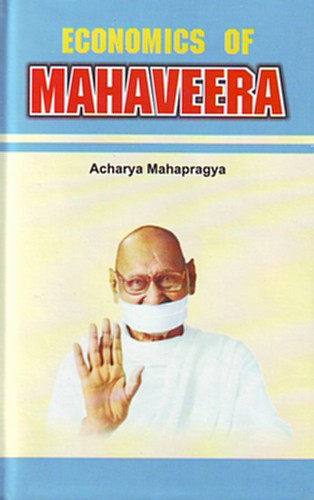
In the context of the overall problem, it was natural that an idea should have emerged that there should be a global economic system under which powerful nations are not able to exploit small nations, snatch away their freedom, establish their dominance over them and pollute the environment. Indeed, the problem has posed a new question which today's man is compelled to ponder over.
Many thinkers in the West have been engaged in examining this.
- Erich Fromm, the author of To Have or To Be did a lot of thinking about this.
The authors of
- Third Wave (Alvin Toffler),
- New World Order, Earth in Balance (AI Gore), and others are worried that if a world economic order is not evolved, it will be difficult to visualize the horrible future.
The socialistic economic system has faltered and the capitalist economic system is on the verge of faltering. What Keynes said appeared good, but no thinking was done about how unlimited use is made of limited resources. If the resources and raw materials were limitless, then perhaps, industries could be established on a massive scale and operated everywhere. Since the resources are limited, this is not possible. This is the reason why even capitalism is faltering.
The problem is that a village-based economic system and village industries do not appear to be a possibility today. Keynes said that we have moved so much forward that it is not possible to retreat and the way population is increasing, it does not at all appear to be possible. It is, therefore, necessary that we think from the point of view of anekanta and see if some elements of truth could emerge and how these could be harmonized among themselves. We will then find out how we can bring Mahavira, Gandhi, Marx and Keynes on one platform. In this context, a new thinking is an imperative.
 Acharya Mahaprajna
Acharya Mahaprajna

